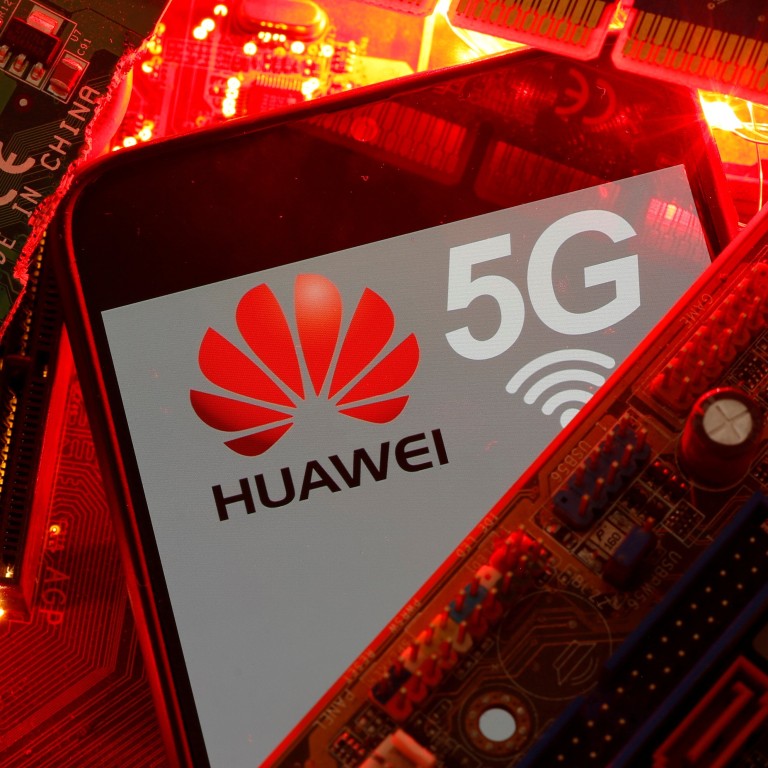
Huawei says US pressure on Brazil threatens long delays in 5G roll-out
- Brazil could suffer years of delay in deploying 5G and higher costs if it succumbs to US pressure to snub Huawei, an executive from the Chinese company warns
- The comments by Huawei’s director of cybersecurity and solutions come as the Trump administration steps up efforts to limit Huawei’s role in Brazil’s 5G network
His remarks come as the Trump administration steps up efforts to limit Huawei’s role in rolling out high-speed, fifth-generation technology in Latin America’s largest economy. US Ambassador Todd Chapman has even suggested Washington is willing to fund the purchase of gear from other suppliers for Brazil.
Curtailing Huawei’s role “will only delay 5G deployment in Brazil and ultimately impact prices for carriers, regional internet service providers and customers,” Marcelo Motta, Huawei’s director of cybersecurity and solutions, said in an interview late on Monday.
Brazilian operators have built significant parts of their infrastructure using Huawei’s equipment as it has strengthened its presence in the country over the last 22 years.
China-Brazil trade on track, but Huawei tension may threaten relations
“In places where there have been restrictions on Huawei we have seen prices rise two to five times, often making business unfeasible for operators,” Motta said.
He noted that Brazil already faced the challenge of expanding its existing infrastructure. Changing the supplier would require carriers to replace equipment already installed instead of simply upgrading the existing ones.
“To make that change would be like stirring up a hornets’ nest,” the executive said, stressing that US accusations that Huawei’s gear could be vulnerable to Chinese eavesdropping are unfounded.
The company has successfully conducted 5G tests with all of Brazil’s major carriers – Telefonica Brasil, TIM Participacoes, America Movil’s Claro and Oi – and is helping them modernise their infrastructure ahead of a long-awaited 5G spectrum auction.
“We have a solution prepared to primarily use software to bring 5G to Brazil (in existing frequencies),” Motta said. “Once the government brings the new frequencies we can use small extensions of hardware too.”
Huawei, which has invested around US$4 billion in 5G between 2009 and 2019 worldwide, plans to manufacture the new technology at one of its two production sites in Brazil.
The company has seen some of its operating costs increase amid the coronavirus pandemic, as air transport expenses rose with fewer flights, according to Motta, who added the issue was “not critical yet.”
Coronavirus-related lockdowns have also boosted demand for Huawei’s products and services as Brazilian network traffic grew about 50 per cent, he said.

